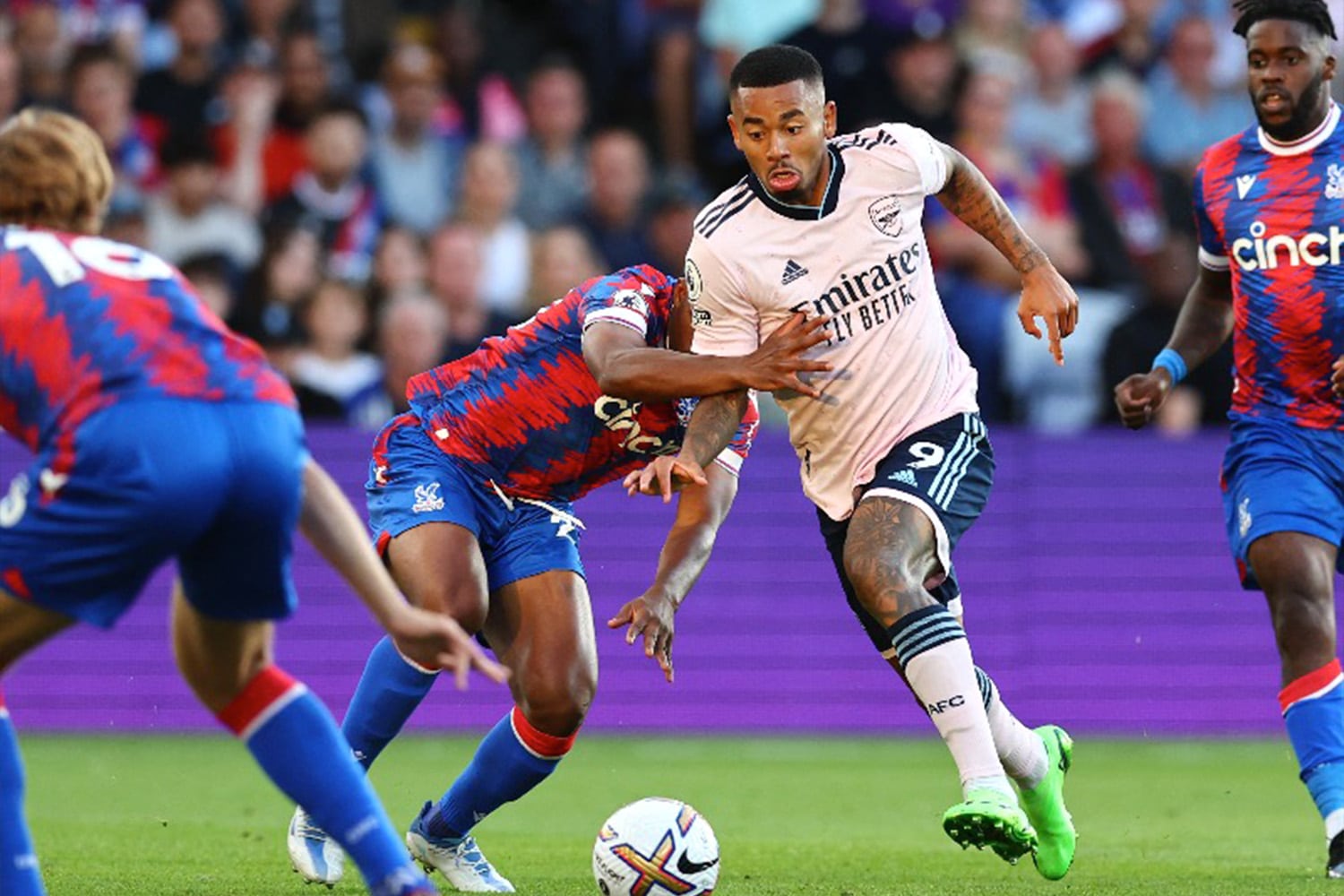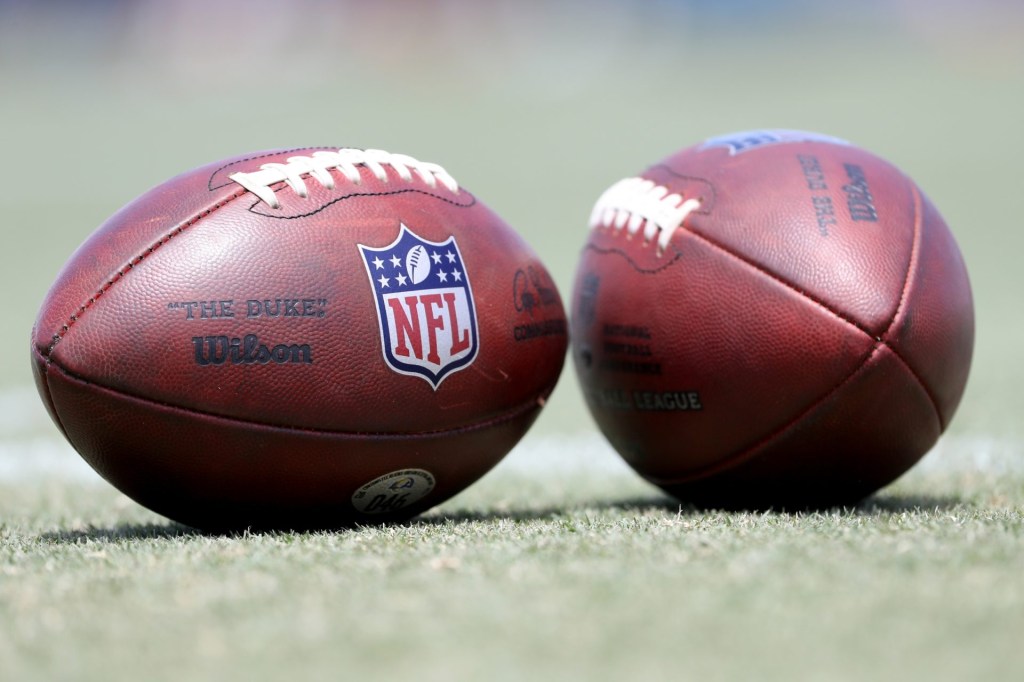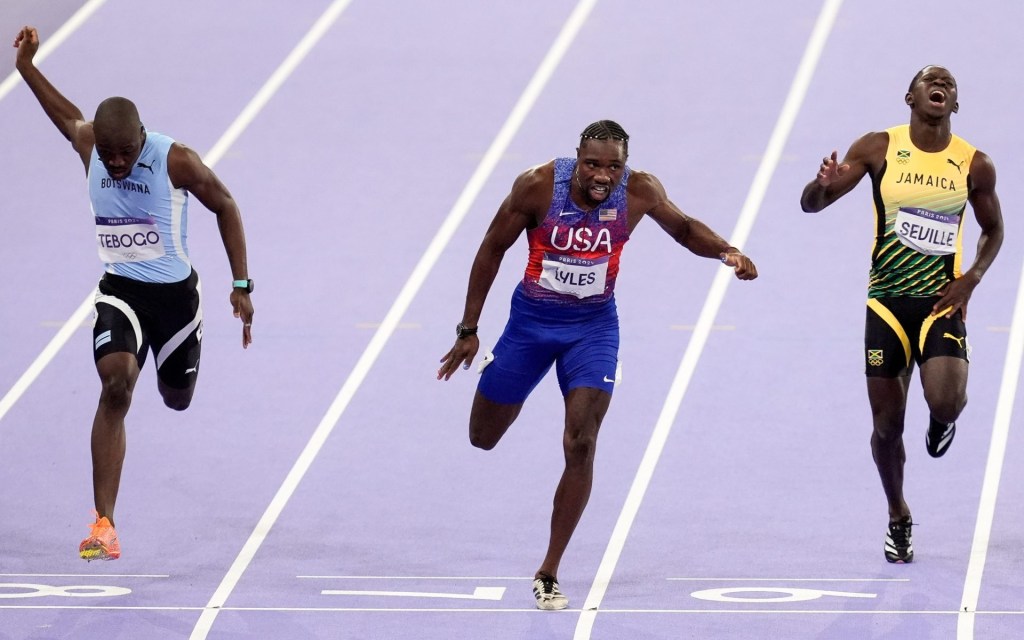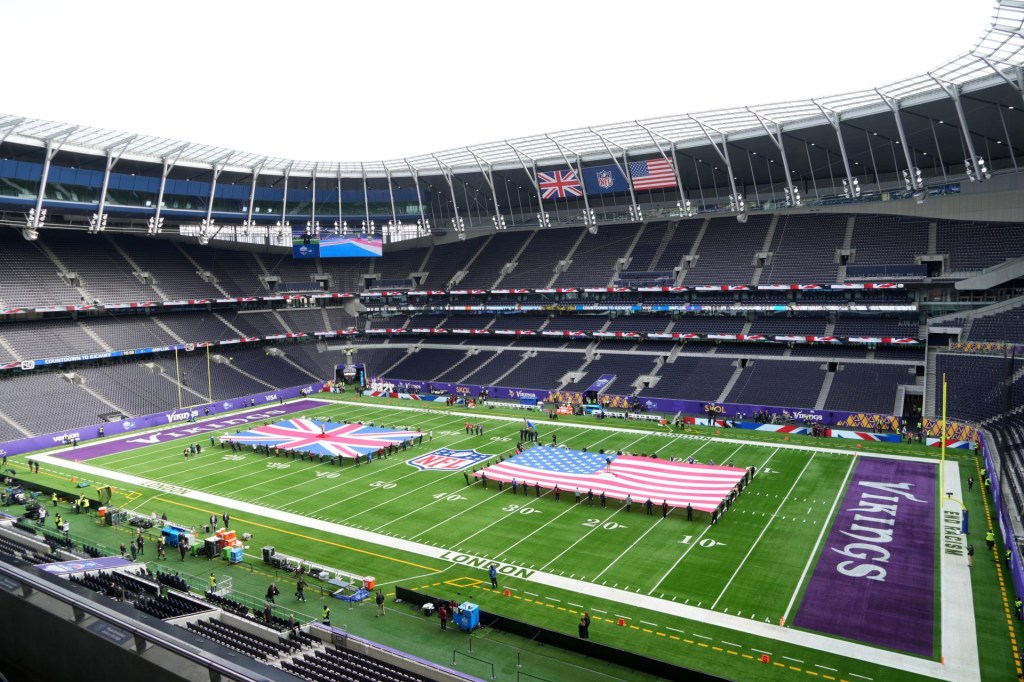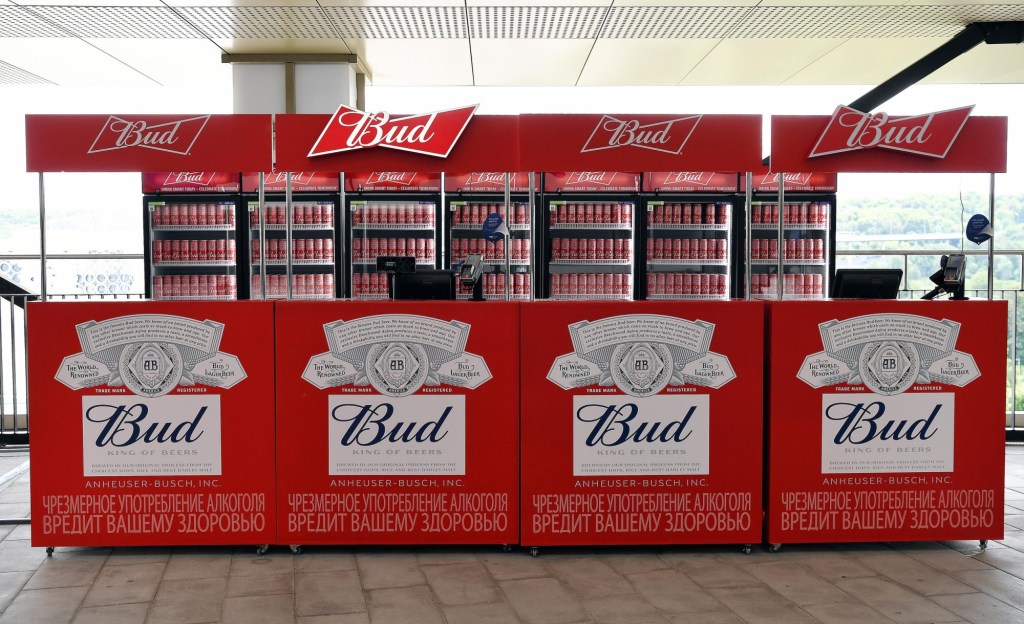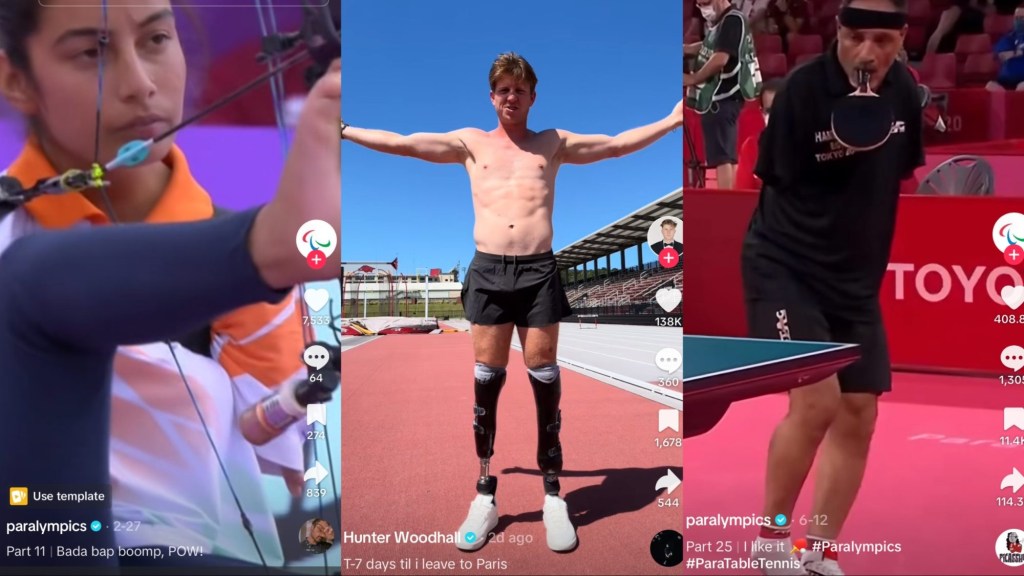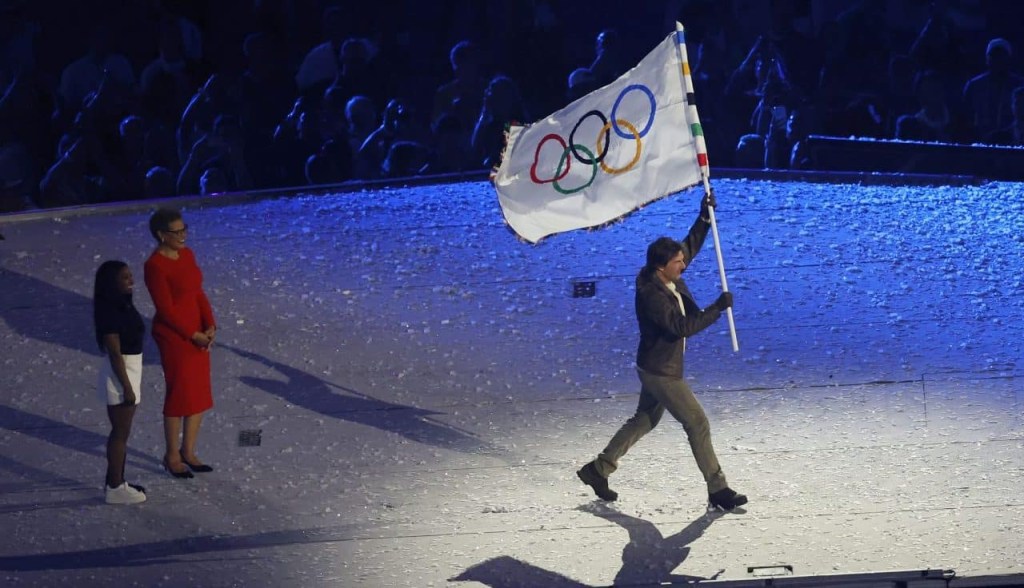The Premier League, which kicked off Friday, is celebrating its 30th anniversary this season.
In the three decades since the English top flight broke away from the Football League, it has grown to become a juggernaut in the global sports landscape.
By most metrics, the Premier League has outpaced all other European soccer leagues when it comes to revenues generated, viewership, and transfer dollars.
Thanks to the league’s profitability and global dominance, foreign investment has become a key theme in the Prem’s more recent history. The flow of foreign dollars in the form of ownership stakes has increased from less than 15% in 1992 to over 50% in the past decade.
This offseason, Chelsea FC became the center of the sporting world when the U.K. government seized ownership from Russian oligarch Roman Abramovich for his ties to Vladimir Putin, and the ensuing bidding war brought in a new set of foreign investment dollars.
Media and finance executive Todd Boehly’s $5.4 billion takeover of Chelsea demonstrates just how much England’s prized sports assets are worth to business moguls globally.
The Big 5 and the Break
Remember the Super League? The proposed league would’ve allowed 12 of Europe’s top clubs to play in a closed competition. The kicker: participating clubs would capture significantly more revenues via concentrated media rights.
The purpose was, in large part, to concentrate broadcast rights among the most “valuable” brands in world football — making a bigger pie with fewer slices.
The response was universally negative. The Football Supporters Association issued a statement insinuating that the league was motivated by greed and had no merit in furthering the profile of the sport.
It turns out that the founding of the Premier League was not too dissimilar.
In the 1980s, English football was organized through the Football League, founded in 1888 and sporting four divisions with over 100 clubs.
English football had been successful for most of its history, but disaster struck in the ‘80s in the form of three stadium-related tragedies that highlighted growing problems with crowd behavior and poor venue construction.
- 1985: 56 spectators die in a fire at Bradford City
- 1985: 39 spectators die in the Liverpool-Juventus European Cup Final at Heysel Stadium
- 1989: Hillsborough stadium disaster kills 97 fans
Furthermore, there had already been hints of a power imbalance in the league. Top clubs had their sights set on more control for the first division of the league — and with more control came more revenue.
In 1986, by threatening to potentially leave the Association, top clubs were able to increase their voting power and gain a more favorable financial arrangement, taking a 50% share of all television and sponsorship income. Ultimately, it wasn’t enough.
Fast-forward to 1990 and a new coalition of disgruntled high-performing clubs was forming, a self-proclaimed Big Five (Arsenal, Tottenham, Manchester United, Liverpool, and Everton) that looked to stop sharing revenues with other member clubs altogether.
In a meeting with ITV Sport executive Greg Dyke — one of EPL’s key architects — the Big Five pitched their rights directly to ITV. While that proposal was ultimately nixed, Dyke came up with a different idea — a new league.
At the end of the 1991 season, documents were filed for the establishment of the FA Premier League, a 22-team competition that would operate independently from the Football Association and the Football League. This meant total autonomy when it came to negotiating sponsorship and broadcast deals.
If You Broadcast It, They Will Come
While ITV was well positioned to win the first-ever broadcast rights for the new Premier League, an upstart satellite broadcaster submitted the winning bid.
Rupert Murdoch’s Sky Sports ultimately swooped in with a five-year, $370 million bid. The bid was eventually reduced to $231 million after failing to meet international sales targets — but the damage was done, and ITV was out.
From 1992 until 2007, Murdoch and Sky Sports would enjoy a monopoly on Premier League broadcast rights — as the average revenue from 1996 to 2007 (earliest data available) increased 332%. As league revenues grew, so too did rights packages.
- 1992-1997: $231 million
- 1997-2001: $815 million
- 2001-2004: $1.46 billion
- 2004-2007: $1.24 billion
The decade-plus partnership was a boon for the Premier League, but it was Sky that truly saw the benefits of the deal.
When Murdoch’s company merged with satellite provider BSB in 1990, the new joint company was actually losing $1.8 million a week and shouldering a $2.43 billion debt burden. In order to escape financial purgatory, the new company needed to make a splashy bet. The Premier League was just that — and has paid dividends ever since.
At the end of the 2006 season, an investigation by the European Commission deemed that selling exclusive rights to a single broadcaster was a no-go. Sky Sports was forced to share packages with the likes of BT, Setanta Sports, and ESPN.
But since 2006, Sky has enjoyed the rights to no less than 70% of Premier League games. The precedent was set, and Sky raked in the cash.
And the other EPL clubs that decided to come over from the Football League? They did just fine.
In 2021, the average operating revenue for Premier League clubs was $291 million compared to the second-best European league, Germany’s Bundesliga — which touted an average operating revenue of $171 million. Four Premier League teams surpassed the $243 million domestic broadcast revenue mark.
Today, it seems that things are still trending upward.
The American Influence
As the 2022-23 season kicks off, the financial condition of the league and its partners is no longer the central concern.
Foreign ownership, particularly American, has become a hot topic of discussion as the value of media rights have skyrocketed.
- The Glazer family completed a hostile takeover of Manchester United in 2005.
- Liverpool was purchased by Fenway Sports Group in 2010.
- Arsenal was taken over by the Kroenke family in 2011.
- Chelsea was bought by Boehly’s group this summer.
Many American buyers see EPL clubs as very specific investments looking for returns — which are unlikely to come through ticket sales. But broadcast rights move the needle — and in order to maximize broadcast rights, international competitions like the Champions League need to be included.
Only the top four EPL clubs make the Champions League every year, so there’s a real risk for clubs to miss out on revenues. There’s an argument to be made that a competition that allowed more of the world’s top clubs — many currently owned by Americans — to cash in would be beneficial.
Last year’s breakaway attempt may have bombed, but I wouldn’t be surprised to see a revitalization of the Super League at some point — or at least some other format that maximizes media rights revenue.
Allegiance to broadcast money is in the league’s DNA.
